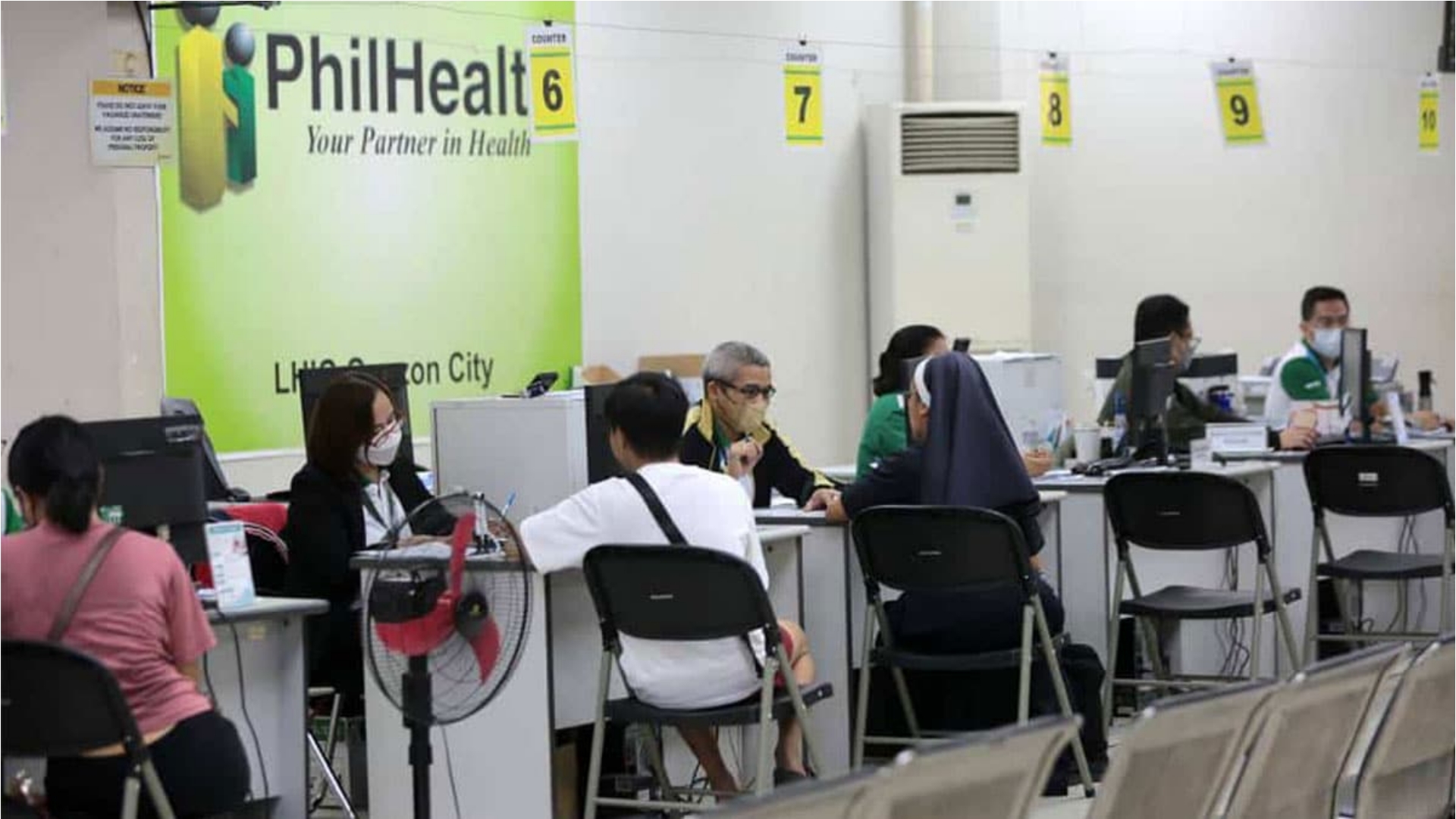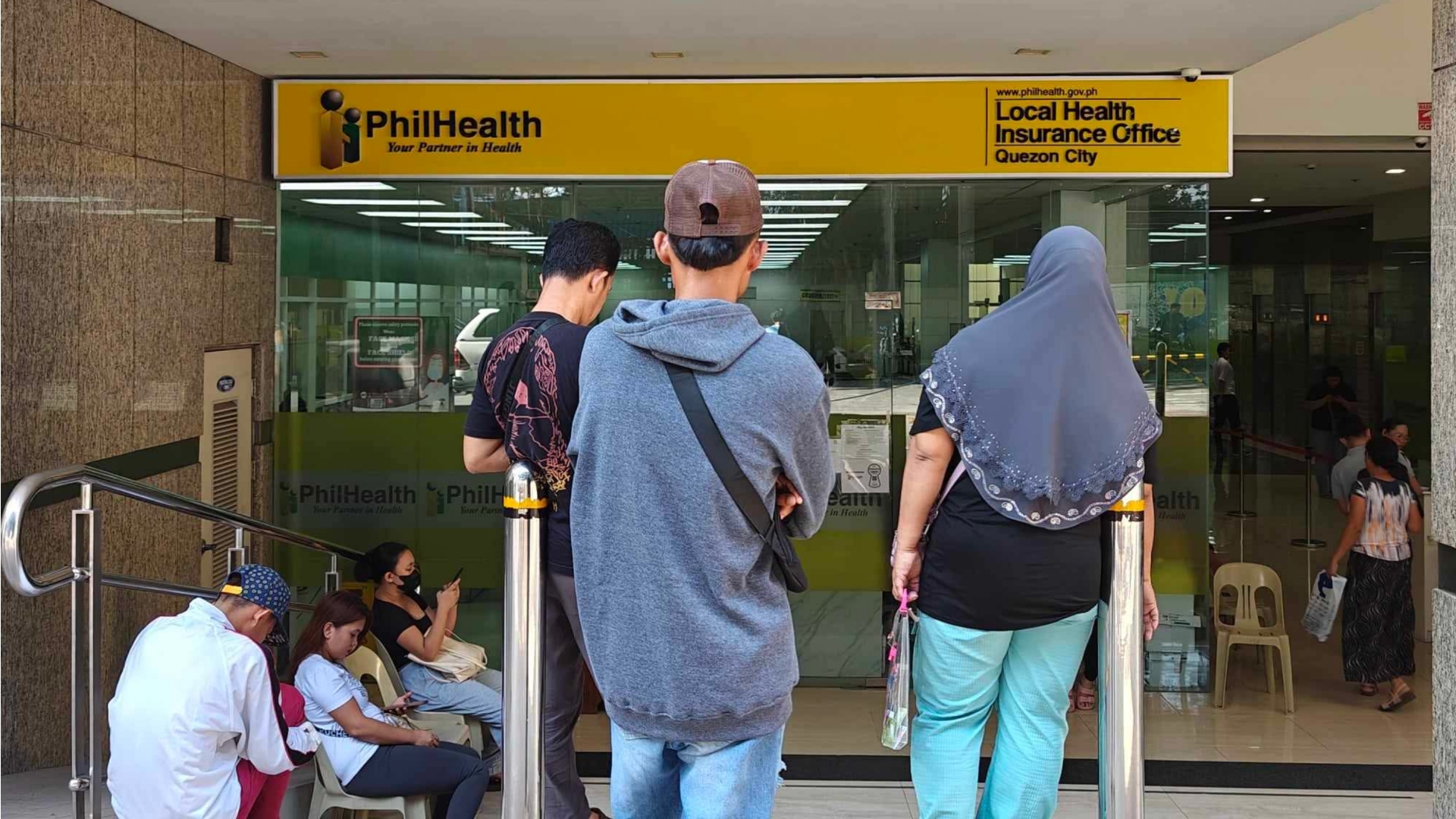PhilHealth Expands Coverage: Emergency Procedures Now Covered Without Admission

The Philippine Health Insurance Corporation (PhilHealth) has expanded its coverage to include outpatient emergency care, offering financial relief to Filipinos who require urgent medical attention but don't need hospitalization. This new benefit, called the "Outpatient Emergency Care Benefit (OECB) package," took effect on January 1, 2024.

Under the OECB, PhilHealth will cover all services and medications provided at the emergency department (ED) and accredited healthcare facilities. This includes services rendered even before a patient arrives at the ED, such as ambulance transport.
This change is a significant improvement for PhilHealth members, as it reduces out-of-pocket expenses during unexpected medical emergencies. It provides peace of mind knowing that essential medical care is accessible without the additional burden of hospitalization costs.
The OECB package provides comprehensive coverage for a wide range of emergency conditions, including dizziness, diarrhea, persistent vomiting, high blood pressure, non-traumatic bleeding, seizures, severe headaches, and even cases of sexual assault.
Crucially, the package covers patients who do not require hospitalization, including those discharged within 24 hours of arriving at the emergency department, as well as those who sadly pass away while receiving emergency treatment.
Essential Services Included
The OECB covers a wide range of essential emergency care services, such as:
- Diagnostic procedures: Electrocardiograms (EKGs)
- Emergency department services: Nebulizations, intubation
- Imaging: X-rays, CT scans
- Laboratory tests: Blood tests
- Medications: Essential drugs for emergency treatment
Coverage for Filipinos Abroad and Foreign Nationals
Importantly, the OECB is not limited to Filipino citizens residing in the Philippines. Filipinos living abroad and even foreign nationals registered with PhilHealth and contributing to the program are also eligible for these benefits when seeking outpatient emergency care.
Transport Coverage
Land ambulance services are included as part of the pre-hospital transport coverage under the OECB. While sea and air ambulances are not currently included, PhilHealth is working on establishing policies and regulations to incorporate these crucial modes of transport in the future.
“The current All Case Rates (ACR) of PhilHealth reimburses procedures done at the ED as part of the service coverage for the hospital course of an admitted patient. Although ACR covers some conditions that require management at ED but do not warrant confinement, this coverage is primarily for surgical procedures,” the PhilHealth circular stated.
“There is a substantial need to support the delivery of acute care for cases not requiring admission or outpatient services provided in emergency settings,” it added.
To avail of the new Outpatient Emergency Care Benefit (OECB), Filipinos must seek treatment at PhilHealth-accredited facilities. While a comprehensive list of these facilities is still forthcoming, it's crucial to note that seeking care at non-accredited institutions may result in out-of-pocket expenses.
Follow-Up Care: Seamless Transition to Konsulta
Following emergency treatment, patients will be referred by their doctors to a Konsulta primary care provider for necessary follow-up checkups. Konsulta, PhilHealth's comprehensive outpatient benefit package, offers free consultations, targeted health screenings, select laboratory and diagnostic tests, and prescribed medications.
Accessing Konsulta: Registration is Key
To benefit from the Konsulta package, individuals must register with an accredited PhilHealth Konsulta provider of their choice. As of December, there were 3,117 accredited Konsulta providers nationwide, offering convenient access to quality primary care services.
